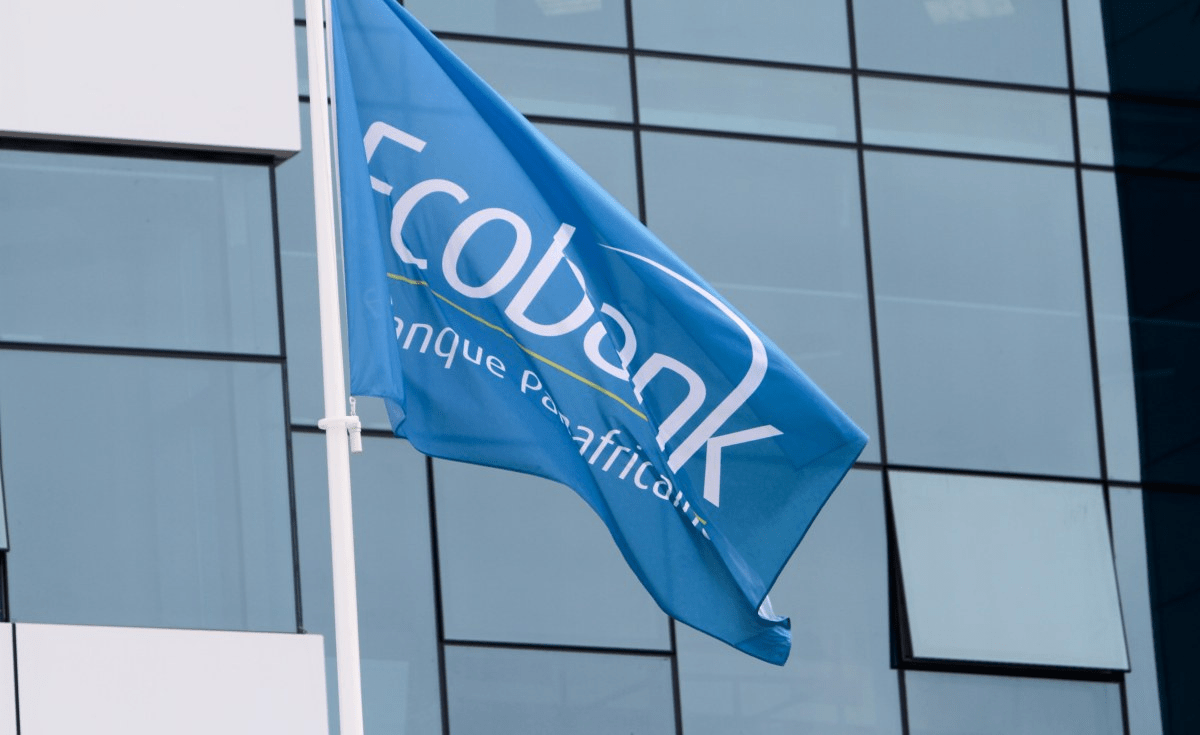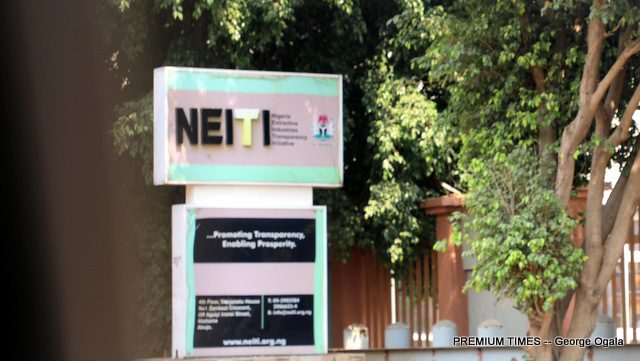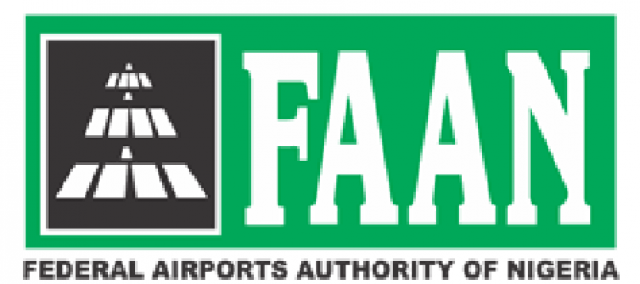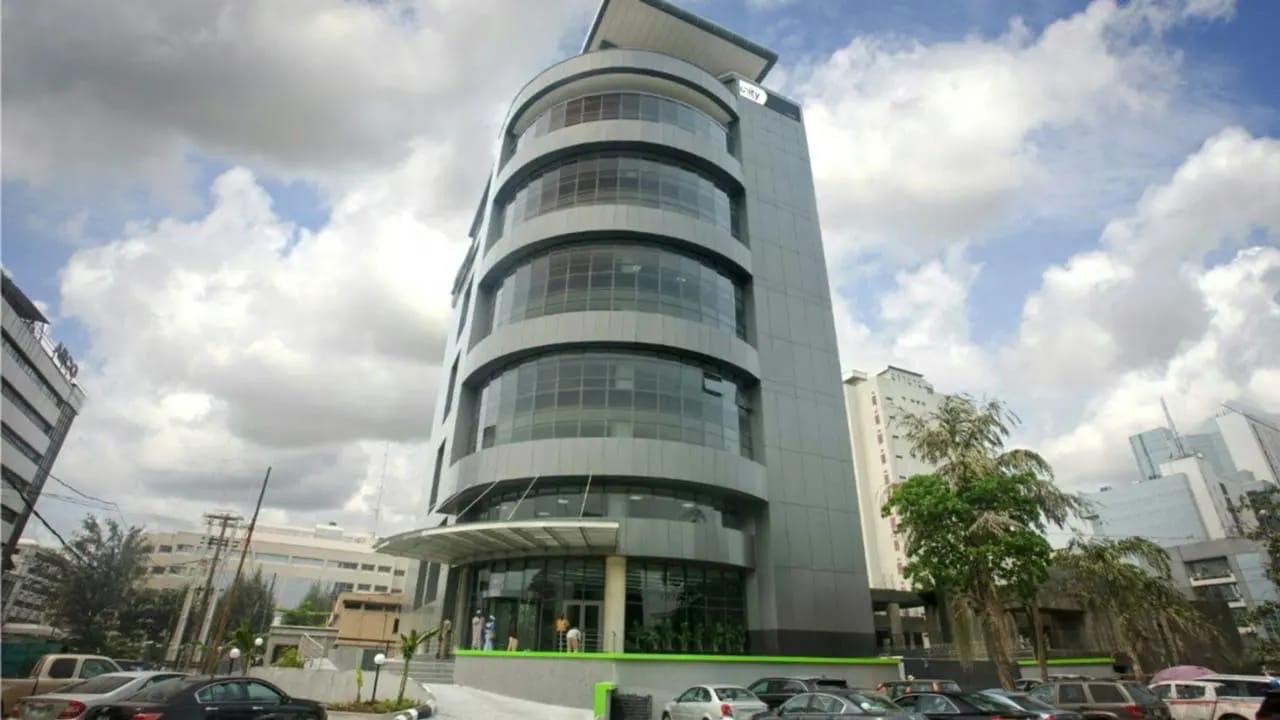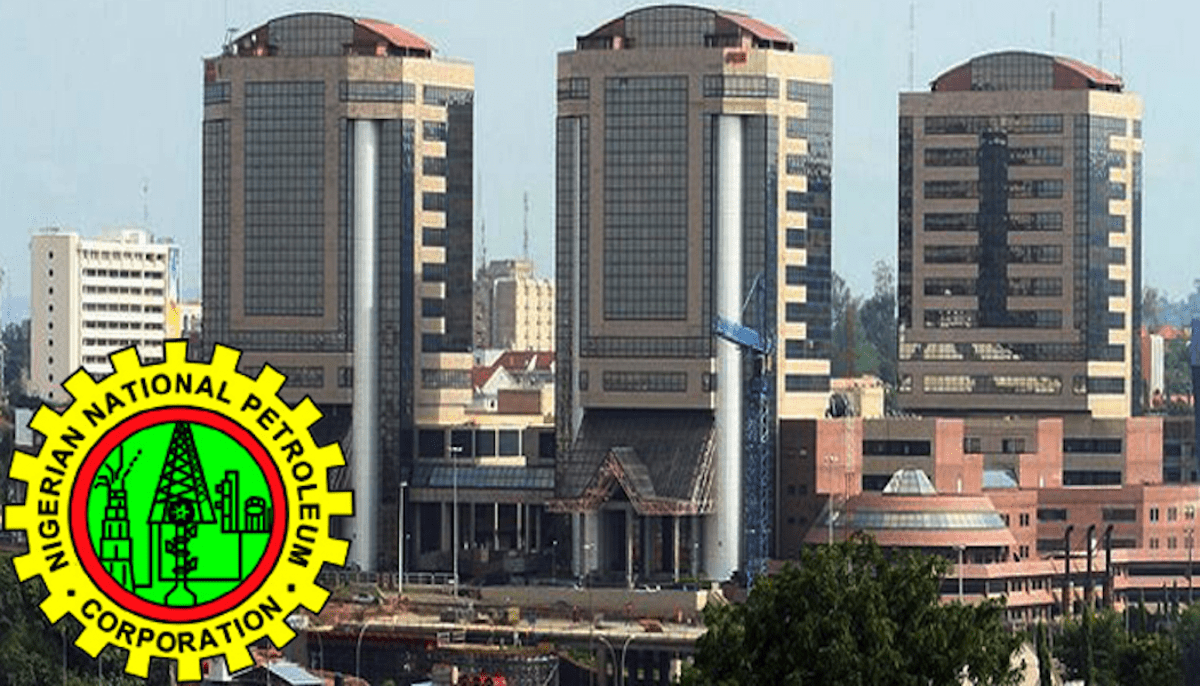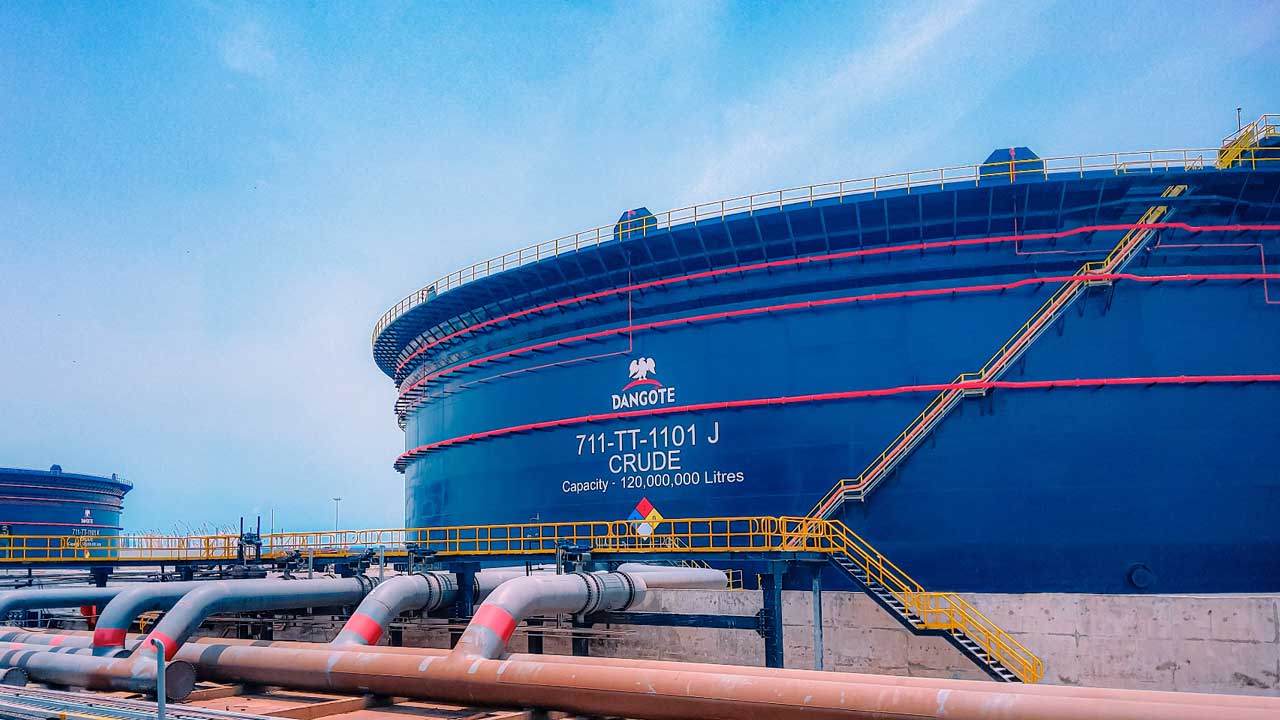* Says preliminary findings point to operational mishap
* NRC boss apologises for maltreatment of journalist
Deji Elumoye in Abuja
The Federal Government at the weekend ruled out sabotage in last week’s derailment of the Abuja-Kaduna train that carried 618 passengers.
The Minister of Transportation, Saidu Ahmed Alkali, and Managing Director of the Nigerian Railway Corporation (NRC), Mr. Kayode Opeifa, at a news conference, dismissed insinuations that the recent Abuja–Kaduna train derailment was the result of sabotage, but assured Nigerians that rail services remain safe.
Addressing reporters at the State House, Abuja, the minister confirmed that investigations into the incident were ongoing, but stressed that preliminary findings pointed to an operational mishap rather than any act of sabotage.
He said: “We have fixed the point machine from here up to Kaduna, and since then, there has been no issue of derailment. For this incident, investigations are ongoing, and we don’t want to preempt the committee until it submits its report.
“A point machine, also known as a switch motor, enables trains to change tracks by securely shifting the blades of a railway turnout.”
Alkali acknowledged that vandalism of railway infrastructure remains a recurring challenge despite arrests and prosecutions, adding that four out of the 10 coaches that capsized during the Abuja–Kaduna mishap had been successfully removed using specialised rail cranes.
He further revealed that the Federal Government, through the Office of the National Security Adviser, was working on a comprehensive plan to safeguard railway assets nationwide.
Alkali also hinted of ongoing procurement processes to extend rail connectivity from Warri to Ajaokuta and Abuja.
On his part, the Managing Director of NRC, Opeifa, also ruled out sabotage in the incident.
According to him, “Nationwide, rail tracks are constantly targeted by vandals and scrap syndicates. But with specific reference to this incident, the track showed no signs of sabotage or structural failure. Our initial findings indicate it was an operational accident at a junction point.”
The NRC chief confirmed that all 618 passengers on board were safely evacuated.
He added that 20 sustained minor injuries, while seven were hospitalised but had since been discharged, with their medical expenses fully covered by the corporation.
On the treatment of journalists that covered the derailment, Opeifa tendered an unreserved apology, particularly to the Nigerian Television Authority (NTA) reporter, Ladi Bala, who was denied access to the accident site.
His apology followed a protest letter from the Nigeria Association of Women Journalists (NAWOJ), which condemned the harassment of its immediate past national chairperson, Bala.
“If any journalist or medium felt excluded or not well treated at the accident scene, I take full responsibility and I sincerely apologise. We are committed to transparency and will continue to provide the press with access and information as events unfold,” Opeifa said.
According to data from the National Bureau of Statistics (NBS), Nigeria has recorded 188 train derailments between 2020 and 2025.
Of this figure, 183 incidents occurred between 2020 and 2022, with 57 cases in 2020, 61 in 2021, and 65 in 2022—making derailments the most frequent form of railway accidents in recent years.
The post FG Rules Out Sabotage in Recent Abuja–Kaduna Train Derailment appeared first on THISDAYLIVE.

